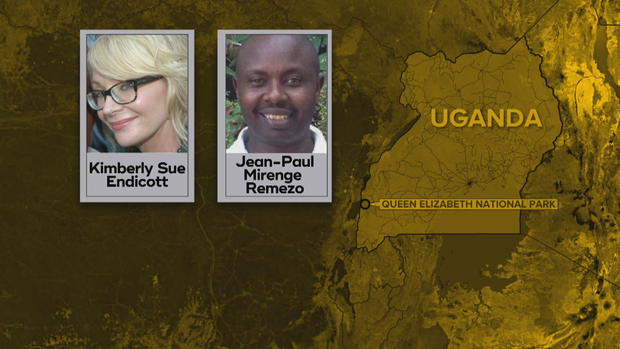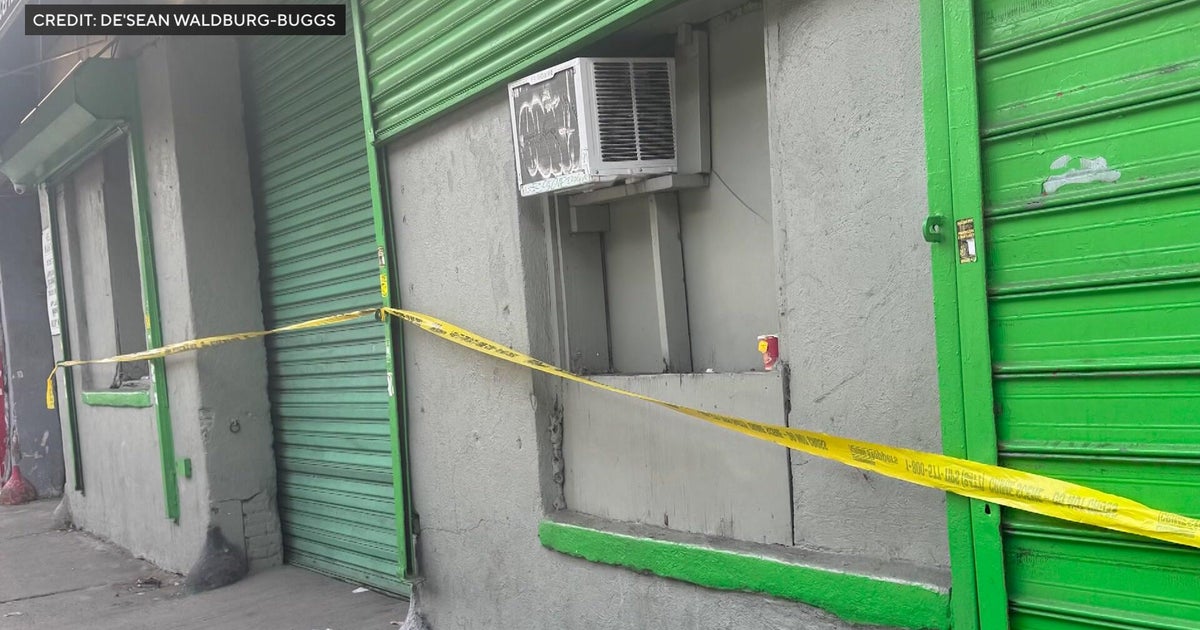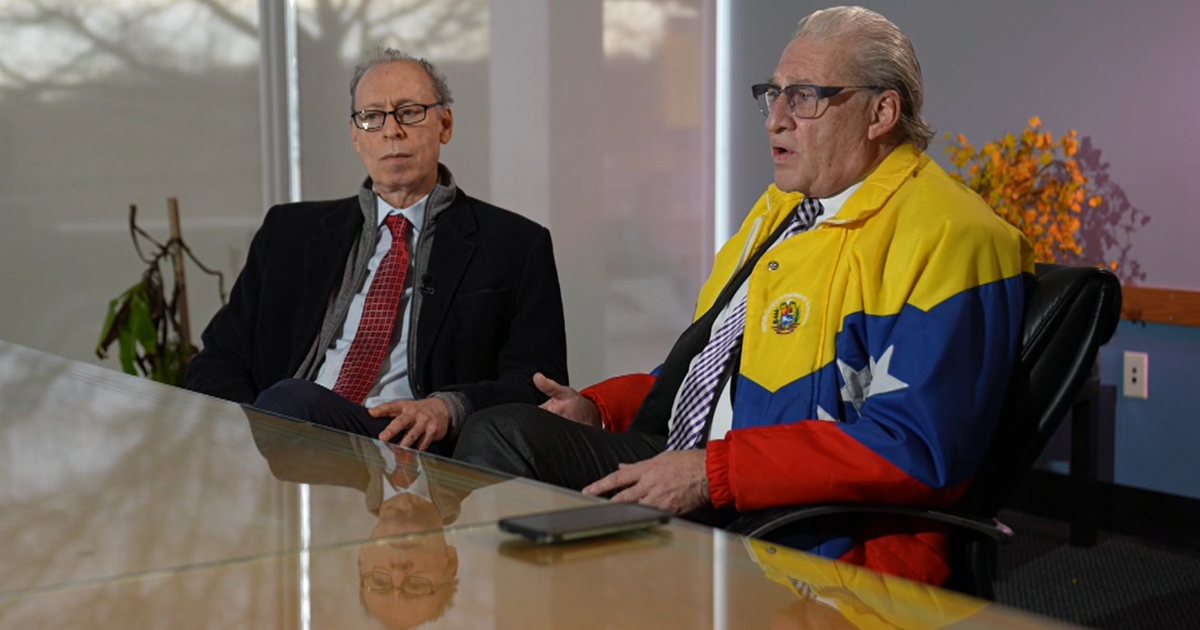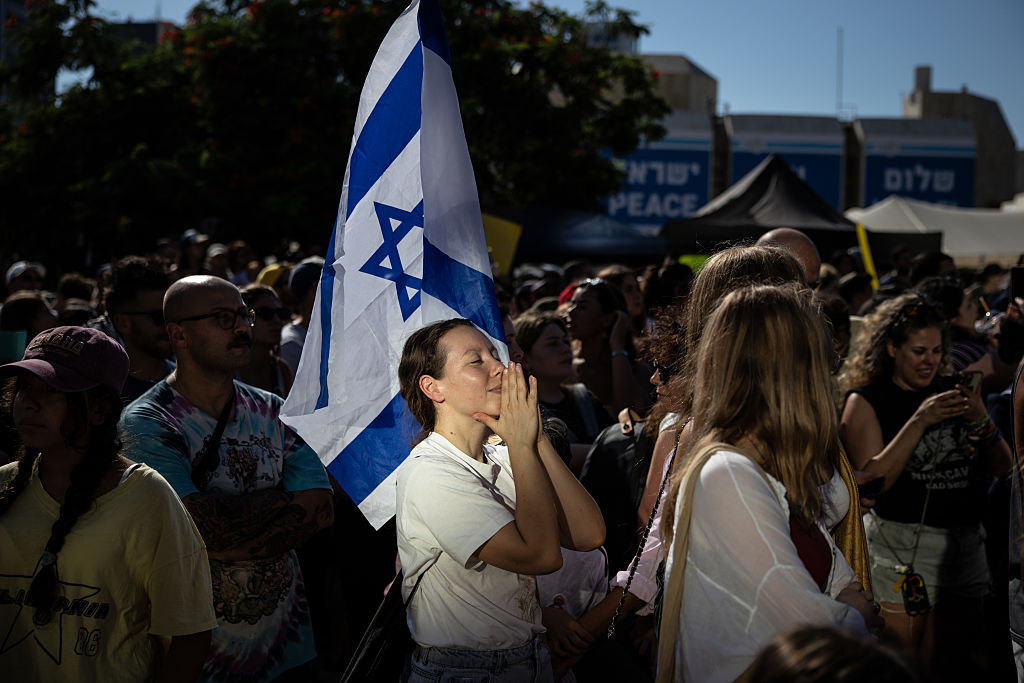"Hard negotiations" as search widens for American tourist kidnapped in Uganda
The search has intensified and widened for an American woman kidnapped at an African wildlife park. Kimberly Sue Endicott and her local driver were taken at gunpoint inside Queen Elizabeth National Park in Uganda on Tuesday evening. Ugandan authorities tell CBS News that "hard negotiations" are taking place for the release of the two hostages.
Since the kidnapping, the hostage-takers have made repeated demands for a $500,000 ransom. CBS News correspondent Roxana Saberi reports the search for Endicott and tour driver Jean-Paul Mirgene Remezo has expanded beyond the park, where four gunmen abducted them.
"The joint security teams have cut off all exit areas on the border between Uganda and the DRC (Democratic Republic of the Congo) in search for the victims, especially because the park is at the border," said deputy police spokesperson Polly Namaye.
Authorities tell CBS News the kidnappers have been using Endicott's phone to negotiate her release, and that she's been on the phone at least once a day to prove she's still alive. The kidnappers have not backed down on their ransom demand.
A security official outside the national park told CBS News on Friday that the entire southern portion of the park was closed to tourists as Ugandan military forces carried out a full "sweep" of the area. It was unclear how long parts of the park might remain closed.
The northern part of the park remained open to tourists, but the U.S. Embassy has warned Americans in the area to be careful.
Endicott, a 56-year-old esthetician who runs a skin-care clinic in Costa Mesa, California, was on a safari in Uganda at the same time as Bill Toone, a member of a San Diego-based conservation group.
"It very well could have been us, and it's a bit shocking," Toone said. "We've been working in Uganda for quite a long time, as well as in Kenya, and we've come to be very comfortable here."
Uganda's 10 national parks attract hundreds of thousands of tourists every year. But now authorities worry the booming industry will suffer, as it did in 1999 after Rwandan rebels killed eight foreign tourists, including two Americans.
Tourism operators say cancellations are already flooding in.






